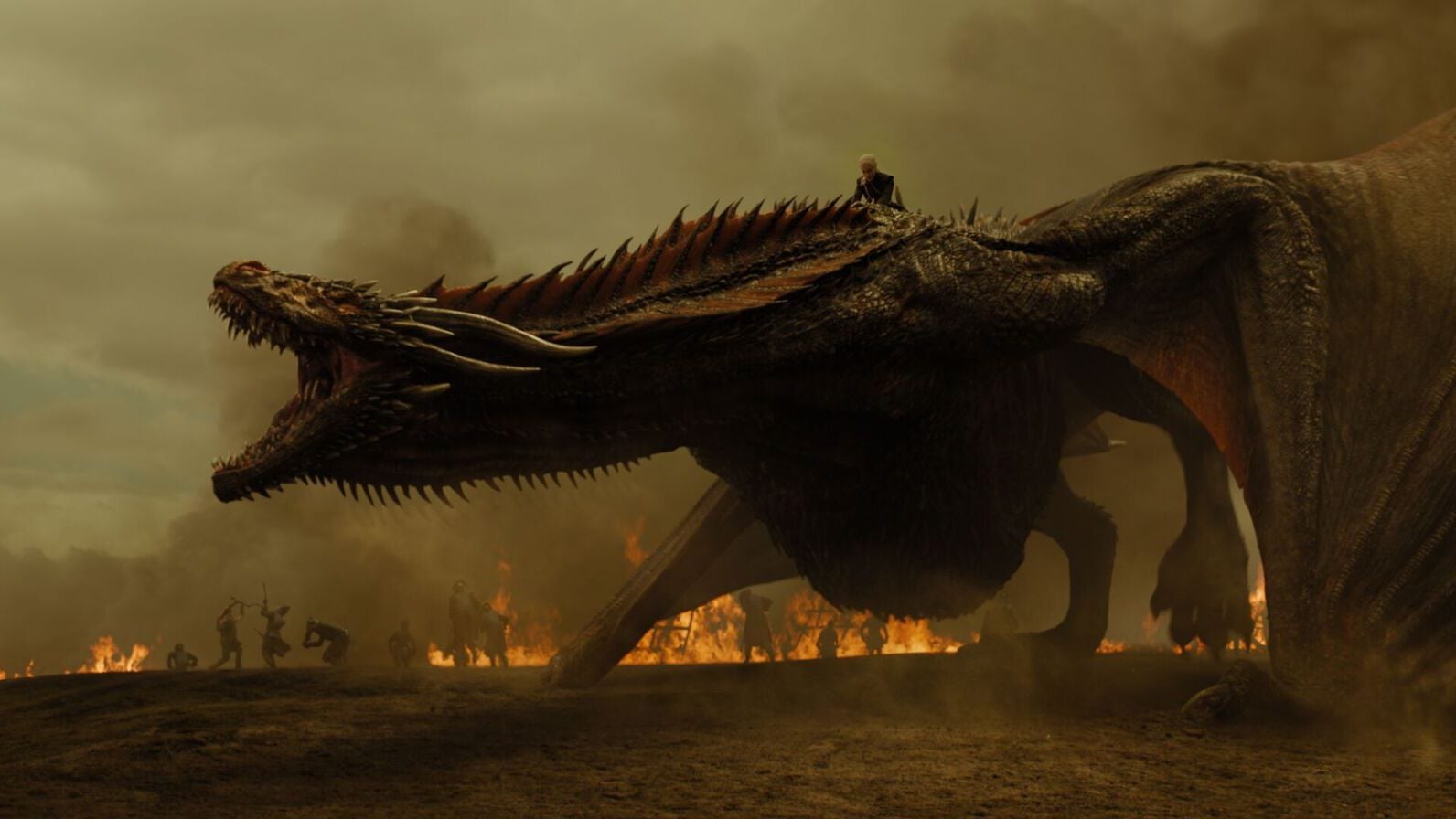The most anticipated entertainment event this summer isn’t in cinemas
It may be summer in the US, but be advised: Winter is coming.


It may be summer in the US, but be advised: Winter is coming.
HBO dropped the second trailer for the next season of Game of Thrones on June 21 and it’s been viewed more than 12 million times on YouTube; it is still the top trending video on the platform.
The seventh season of the hotly anticipated show, which averaged 7.7 million live and same-day US viewers last year, premieres on July 16—marking the first time the series has returned during the summer. Previous seasons of Game of Thrones aired in the spring.
The scheduling shift doesn’t bode well for already ailing US cinemas, which normally thrive during the summer while major TV shows are on hiatus. ”TV and streaming services are the most talked about filmed entertainment right now,” Jeff Bock, senior box-office analyst at Exhibitor Relations, told Quartz. “That’s a vast change when movies were the water cooler conversation of choice.”
US studios reportedly collect about 40% of their annual ticket sales during the summer season, which runs from May to September in the US. But this year, Hollywood movies have a host of TV series to contend with.
HBO’s Ballers and Insecure are returning this summer. Netflix recently released new episodes of House of Cards and Orange Is the New Black, and has new series like Glow and The Defenders are on the way. AMC’s Fear the Walking Dead, Showtime’s Twin Peaks, and BBC America’s Orphan Black are back on TV. And a number of other TV shows are coming down the pike.
“In fact, this summer the most anticipated event isn’t it Cineplexes, it’s on HBO, as the latest season of Game of Thrones has people gushing much more than any of the tired sequels (there are a couple exceptions, mind you) that Hollywood is loading off the conveyer belts,” Bock said.
In the past month, Game of Thrones has been talked about more consistently on Twitter than most of this summer’s big blockbusters apart from Wonder Woman, data from Sprout Social shows. And we’re still a month out from its release.
People in the US also searched for Game of Thrones more than Guardians of the Galaxy, Pirates of the Caribbean, or Transformers—franchises that all have summer sequels this year—Google Trends data shows. (There was not enough data for the 2017 Wonder Woman and Spider-Man: Homecoming films to compare.)
TV and streaming, combined with a subpar Hollywood film slate, is contributing to what could be the lowest North American summer box-office in a decade (paywall). As of June 19, 2017, the summer box-office had grossed $1.51 billion, down 4% from the same point last year, according to comScore.
US TV used to be awash in the summer with reality TV shows and lower-profile series with small budgets or little chance of being renewed. Marquee series were reserved for September through May. That tradition dates back to the radio industry, where programs would begin in September and run until the following spring, with a break during the summer months. It carried over into TV, which made sense because fewer Americans tended to watch TV indoors during the sunny summer months.
September is also when measurement-firm Nielsen begins factoring nightly viewership into each TV network’s annual ratings. The networks try to bank the highest viewership figures they can from September to May, in order to woo advertisers with the numbers. But premium-cable networks like HBO and Showtime, and streaming services like Netflix and Amazon, don’t air commercials. So, they’re not bound by these traditional release models.
With more people watching shows on their own time via on-demand channels, TV networks in general have less of reason to adhere to the conventional schedule—much as movie studios would still like the summer months all to themselves.